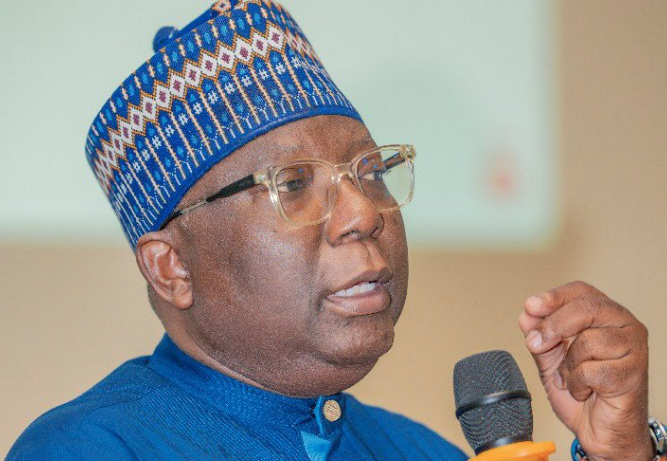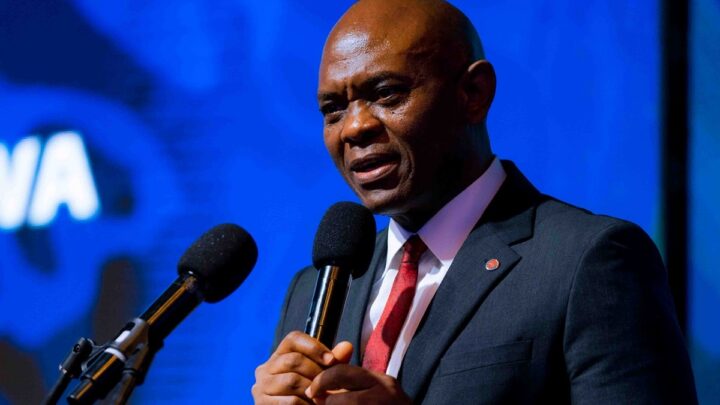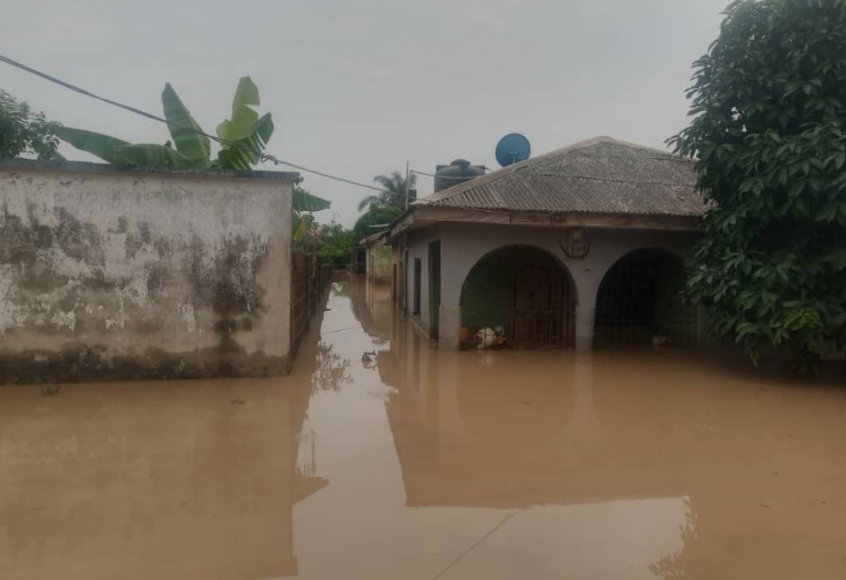Despite directly impacting our communities, health, and livelihoods, climate-related reports usually take a back seat to dominant news beats like politics and business.
Climate Watch aims to ensure you never miss important stories on climate change and actions being taken toward limiting its impact.
Here is a round-up of last week’s climate stories:
- The Aid for Rural Education Access Initiative (AREAi), a civil society organisation (CSO), has received funding from the United Kingdom (UK) for the launch of a programme to reduce emissions from the information and communications (ICT) sector. Gideon Olanrewaju, SCALE project manager, said the programme seeks to promote responsible digital practices in the usage and upkeep of digital tools and internet devices and enhance environmental awareness. Read more here.
- The National Agency for the Great Green Wall (NAGGW) said on May 7 that it has produced and raised 45,251,179 assorted tree seedlings for afforestation in the country. Yusuf Maina-Bukar, director-general (DG) of NAGGW, highlighted the agency’s achievements. Maina-Bukar said 10,813,733 tree seedlings have been distributed to farmers to promote agroforestry. He added that 4,455 units of solar home lighting systems have been procured and distributed. He added that 71 community plant nurseries have been established for seedling production. Read more here.
- Salisu Dahiru, director-general (DG) of the National Climate Change Council, on May 7, said the federal government is committed to reducing carbon footprints in the country. Dahiru spoke in Abuja at the presentation of Nigeria’s long-term low-emission development strategy (LT-LEDS). He said LT-LEDS is working towards long-term quantifiable greenhouse emissions reduction across the country’s priority sectors. Dahiru said the government’s determination to reduce Nigeria’s carbon footprint can be seen in initiatives such as the rollout of electric buses and carbon market activation programmes. The director-general said Nigeria has started the journey to net-zero emissions, adding that “the road would be rough”. Find out more here.
- The Africa Policy Research Institute (APRI) says Nigeria’s climate financing is far below what is needed for a just energy transition. Olumide Abimbola, APRI executive director, spoke during a stakeholder meeting jointly organised by the Enzi Ijayo Africa Initiative. Abimbola applauded Nigeria’s climate adaptation efforts, citing the updated nationally determined contributions (NDCs), the passage of the Climate Change Act, and the establishment of the National Council on Climate Change. However, the APRI executive director said more is required. Read more here.
- President Bola Tinubu has commended the inauguration of the lithium processing plant in Lafia, Nasarawa state. Ajuri Ngelale, the presidential spokesperson, said Avatar, a Chinese firm, built the processing plant which produces about 4,000 metric tonnes of lithium daily. Also, Canmax Technologies, a renowned Chinese firm, announced a new investment of $200 million for another lithium processing plant in Nasarawa. The president urged the firms to prioritise environmental protection, community engagement, and corporate social responsibility in their operations. Tinubu warned that as the Chinese companies explore high-grade minerals in the country, they should not leave communities in ruins. Read more here.
- A new study by the British University of Leeds has found that the hot and dry conditions caused by climate change could lead to a decrease in areas suitable for malaria transmission. The scientists said using environmental and hydrologic models predicted that the total area of suitable malaria transmission would start to decline in Africa after 2025. They said the rapid shift in Africa’s climate could cause changes in rainfall, which could expand or restrict the geographic range of mosquitoes and the availability of stagnant water needed for vector breeding. Read more here.
Advertisement






